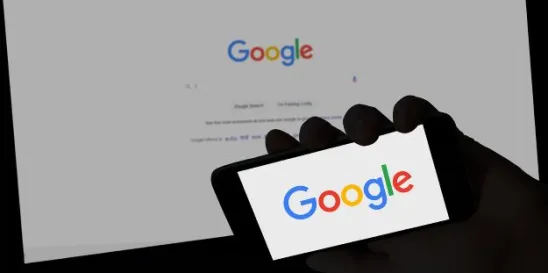As loyal readers of CIPAWorld know, CIPA requires the consent of all parties to the communication. Readers also know there is an onslaught of CIPA complaints right now. It seems that no one can avoid these claims. Not even Home Depot is immune!
In a recently filed lawsuit, Google (a repeat guest on CIPAWorld) is accused of, among other things, CIPA violations stemming from its data collection processes even while a consumer is in Incognito mode.
“Incognito mode” is Google’s private browser setting in Chrome. The entire point of Incognito mode is that the browser doesn’t track the users browsing. Google claims on the home page of Incognito mode that while in Incognito mode “Chrome won’t save the following information: Your browsing history, Cookies and site data, Information entered in forms”, but that “Your activity might still be visible to: Websites you visit, Your employer or school, Your internet service provider”.
However, the lawsuit claims those statements are misrepresenting what is actually happening. Websites using Google Analytics actually send information about users, even while using Incognito mode to Google so Google can update the user profile. Google in the documentation about Google Analytics doesn’t tell the implementing websites this information is going to be shared.
Google is misrepresenting, according to the lawsuit, to both consumers and website operators the true nature of the how the collection of information works with Google Analytics.
This becomes the crux of the problem for Google. According to the lawsuit, Google is “intentionally and without the consent of all parties to a confidential communication” recording the communication.
As the lawsuit so eloquently states: “Where users have not been presented with an actual choice, there can be no consent.”
CIPAWorld will be watching this case with interest.




 />i
/>i

